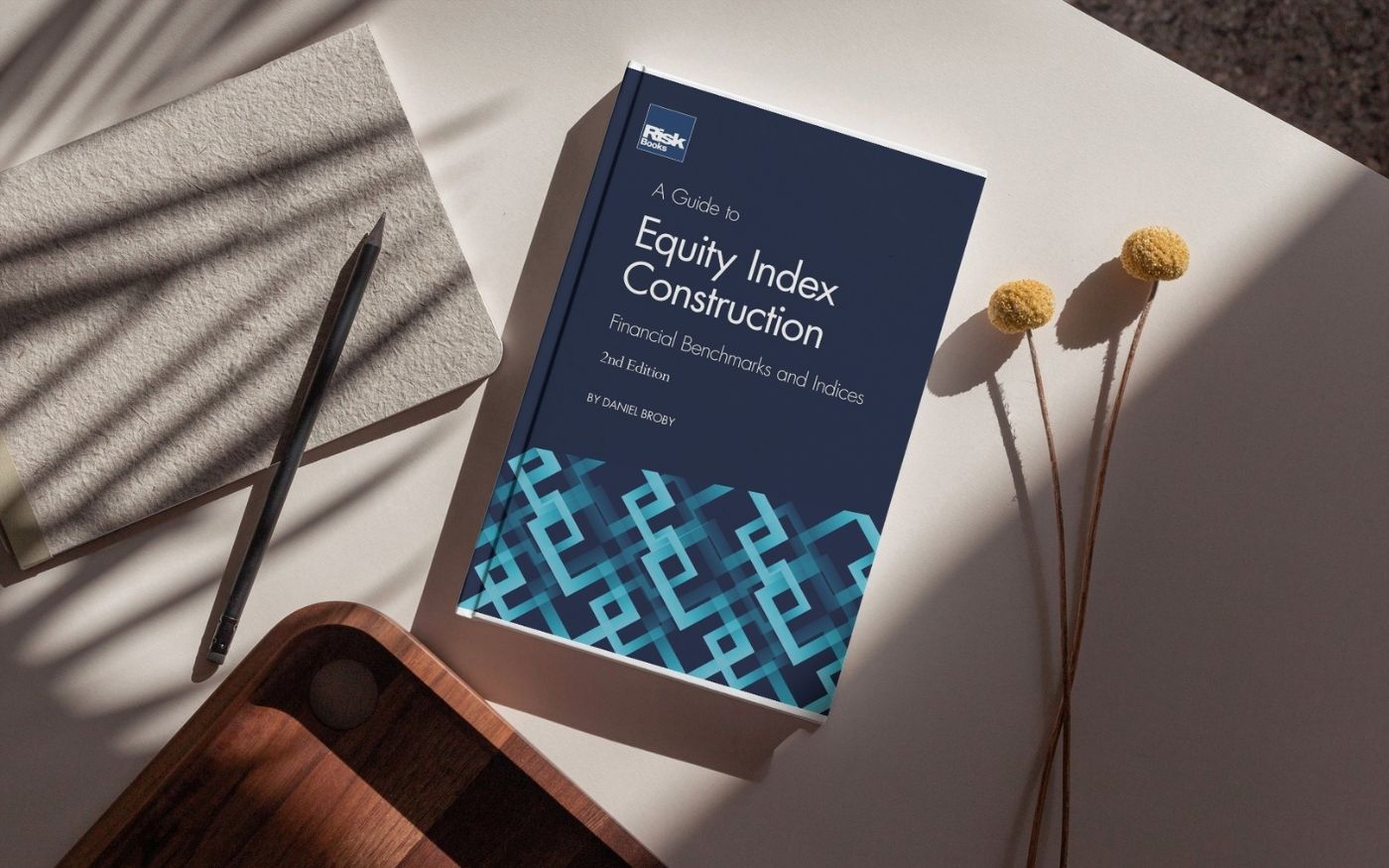Research by: Ethan S. Casas, Ardvin Kester S. Ong, John Francis T. Diaz, Josephine D. German & Ma. Janice J. Gumasing
EXECUTIVE SUMMARY
Innovative technology initiated the popularity of online investment platforms (OIPs) among households. OIPs have exponentially increased in the past 20 years due to the introduction of capable technology in the western households. With the advent rise of technology adoption, usage, and implementation, it was reflected on how this becomes an integral part of people’s lives. To which, it was seen to affect even younger generation in terms of education, social use, and networking. To date, there are limited studies on the promotion and implication of OIPs due to scarce literature on investment behavior, especially in the Philippines.
This study’s main objective was to assess consumers’ behavioral intention to invest among investors from the Philippines through purposive sampling. The integration of Social Exchange Theory (SET) and Value-Belief-Norm Theory (VBN) was considered for the holistic assessment in this study. This study was assessed and evaluated holistically through a higher-order partial least square structural equation analysis to determine significant factors affecting investment intention. Analysis using SMART-PLS v4.0, it was seen that social norm was the most significant latent variable, followed by values (i.e., traditional, egoistic, openness to change, and altruistic), trust, personal norm, perceived safety, beliefs on utility function, and economic benefit.
Based on the empirical findings, it could be seen that trust and personal norms are main variables that positively affect consumers’ behavioral intention to invest. Despite how widely available information is regarding OIPs, there is a need to change how stakeholders promote their platforms. This will inform the investors on how to access their platforms, which may lead to accessibility on having significant relationship with trust. Likewise, investors’ trust positively affects their intention to invest. Moreover, social norms should be improved since they have one of the least significant relationships. It is suggested that the promotional aspects of OIPs and features that highlight collaborative investing, such as reference codes, be increased. Social norms may directly affect intention when the perceptions of those important to the consumer are strengthened. The significance between economic benefit and trust was seen to be low due to the financial literacy of Filipinos. Developers may combat this by conducting educational seminars for the consumers of their platform. This increases the financial knowledge of investors and allows them to make more intelligent trades, leading to a higher economic benefit. Similarly, an increased economic benefit may also lead to a higher significance to trust.
Overall, it could be deduced that consumers of OIPs intend to increase the frequency of their investments. More so when they believe that there is a strong exchange of economic and financial aspects. Investors would therefore have the confidence that their intention to invest is strong regardless of the current market conditions. However, the need for investment platforms to highlight consumers’ overall satisfaction with the platform’s current state, perception of being safe, the investment views of those whom the consumer respects, and the ability to influence people through investments are needed to establish continuous behavioral intention among consumers. Ultimately, they invest with the purpose of carrying out essential financial activities.
To cite this article: Casas, E. S., Ong, A. K. S., Diaz, J. F. T., Germana, J. D., & Gumasing, M. J. J. (2024). The analysis of factors affecting online investment platforms in the Philippine context: An integration of SETVBN theory. Cogent Economics & Finance, 12(1). https://doi.org/10.1080/23322039.2024.2408274
To access this article: https://doi.org/10.1080/23322039.2024.2408274
Keywords: Higher-order PLS-SEM, investment behavior, online investment platform, Social Exchange Theory, Value-Belief-Norm Theory
Subjects: Applied Mathematics, Economic Psychology, Multidisciplinary Psychology, Consumer Psychology, Economics, Information Technology, Engineering Economics
About the Journal
Cogent Economics & Finance is a multidisciplinary open access journal publishing high-quality peer-reviewed research by authors from across the globe. Our inclusive nature ensures we cover the entire scope of economics and finance research – from financial economics to economic philosophy and everything in between, including replication studies – and we make sure this research is visible to everyone, anywhere, any time. The journal welcomes theoretical and empirical contributions.
Journal ranking
| Chartered Association of Business Schools Academic Journal Guide 2021 | ABS1 |
| Scimago Journal & Country Rank | SJR h-index: 37 |
SJR 2023: 0.43 |
| Scopus | CiteScore 2023: 3.0 |
| Australian Business Deans Council Journal List | Rating B |
| Journal Citation Reports (Clarivate) | JCI 2023: .64 |





